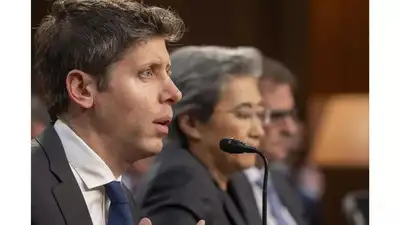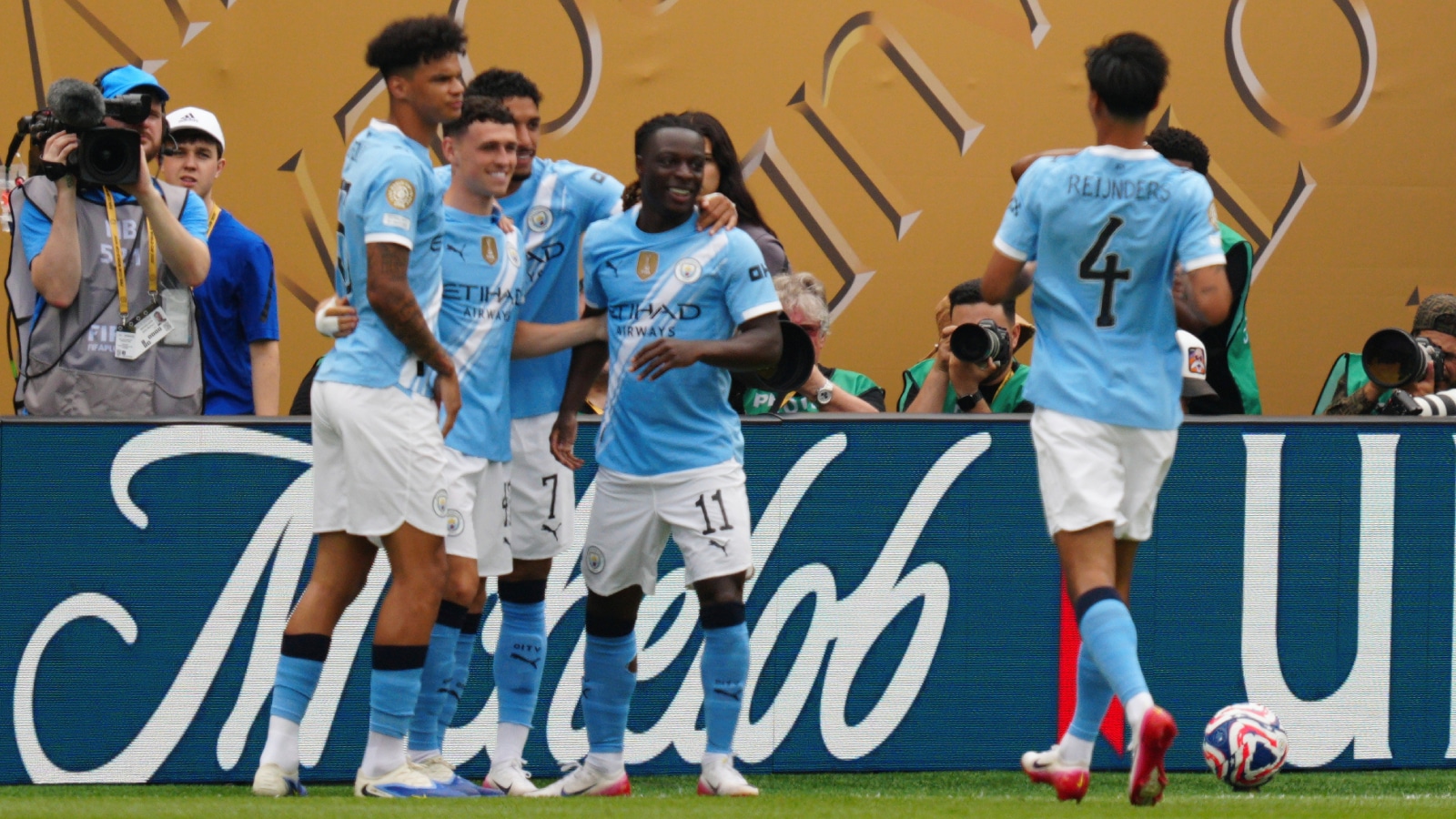ARTICLE AD BOX

OpenAI CEO Sam Altman recently warned against the trust users place in the company’s AI chatbot, ChatGPT. Speaking at the inaugural episode of OpenAI’s official podcast, Altman said that he finds it “interesting” when people put “high degree of trust” in ChatGPT. Noting that AI is infallible and can produce misleading or false content, he said that it should not be trusted much. “People have a very high degree of trust in
ChatGPT
, which is interesting, because AI hallucinates. It should be the tech that you don't trust that much,” Altman said about OpenAI’s own ChatGPT. During the podcast, Altman also acknowledged that while ChatGPT continues to evolve with new features, the technology still has notable limitations that need to be addressed with honesty and transparency. Speaking about recent updates—including persistent memory and a potential ad-supported model—Altman noted that such advancements have raised fresh privacy concerns.
OpenAI CEO on legal battle on copyright issues
Altman’s remarks come at a time when OpenAI is also facing legal challenges from media outlets, including The New York Times, over content use and copyright issues.
In response to these concerns, Altman emphasized the company’s commitment to openness. “We need to be honest about that,” he said, referring to the current reliability of the technology. “It’s not super reliable,” he conceded.
Sam Altman’s u-turn on AI
Recently, Altman dramatically reversed his position on AI hardware requirements. He previously stated that the AI revolution wouldn't require new hardware. Taking a u-turn from his previous stance, Altman now claims that "current computers were designed for a world without AI" and suggests users will need new devices as artificial intelligence becomes more prevalent. Speaking on his brother Jack Altman’s podcast, Sam declared that computers, software, and hardware "were designed for a world without AI," indicating that user needs are changing rapidly in an AI-driven landscape. He envisions future systems that are "way more aware of their environment" and have "more context in your life," moving beyond traditional typing and screen-based interactions.
5 Features Android borrowed From iPhone!



.png)
.png)
.png)
















 5 hours ago
4
5 hours ago
4









 English (US) ·
English (US) ·